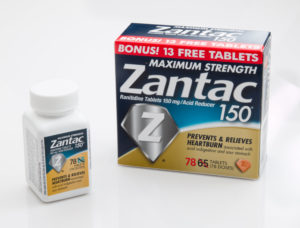CHF: Fighting the new readmission issue with an old drug
As hospitals and long-term care facilities grapple with federal challenges to reduce readmissions for residents with chronic heart failure (CHF), researchers are taking a fresh look at an older drug—Digoxin.
Did you know…?The chemical extracts in the foxglove plant were being used in Western medicine to treat heart conditions in 1785. Source: An Account of the Foxglove and some of its Medical Uses, William Withering, MD, 1785. |
In a recent study published in the American Journal of Medicine, researchers found that Digoxin resulted in a 35 percent reduction in 30-day rehospitalizations among the 6,800 CHF patients in the study group, half of which were over age 64.
The drug was more effective for those with more acute conditions and symptoms, researchers noted. By extension, researchers believe the drug could be used to reduce the risk of readmissions in residents who have recently been released from the hospital also may reduce rehospitalizations among older adults who have been released from the hospital following a heart attack or other heart treatment.
Digoxin, derived from the foxglove plant, has been approved for CHF treatment in the United States since 1998 and is relatively inexpensive, the researchers noted. In recent times, the drug has been pushed aside by many physicians in favor of the newer beta blockers and high blood pressure medications.
The study was presented this week at the American College of Cardiology’s 2013 Annual Scientific Session in San Francisco.

Pamela Tabar was editor-in-chief of I Advance Senior Care from 2013-2018. She has worked as a writer and editor for healthcare business media since 1998, including as News Editor of Healthcare Informatics. She has a master’s degree in journalism from Kent State University and a master’s degree in English from the University of York, England.
Related Articles
Topics: Clinical , Executive Leadership










